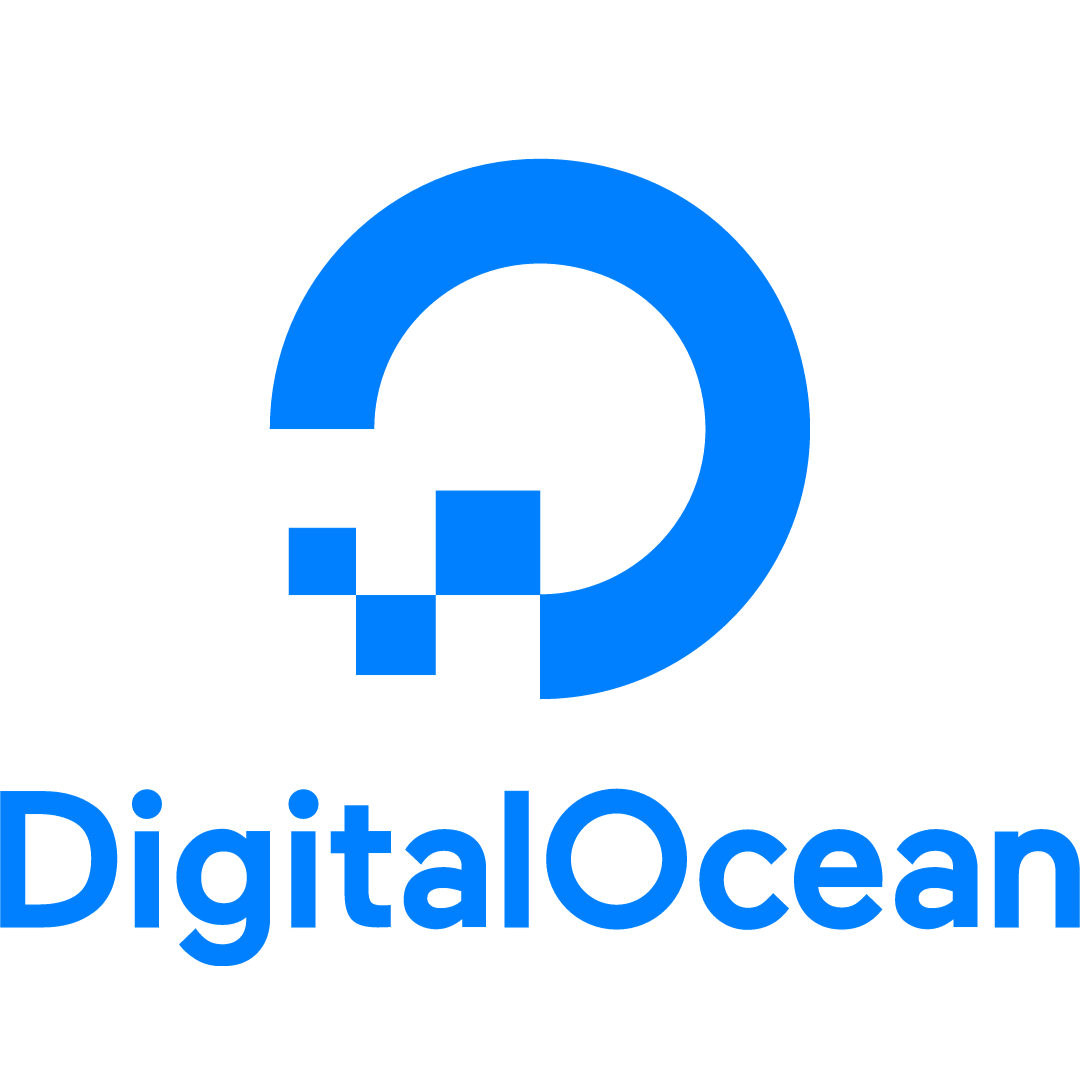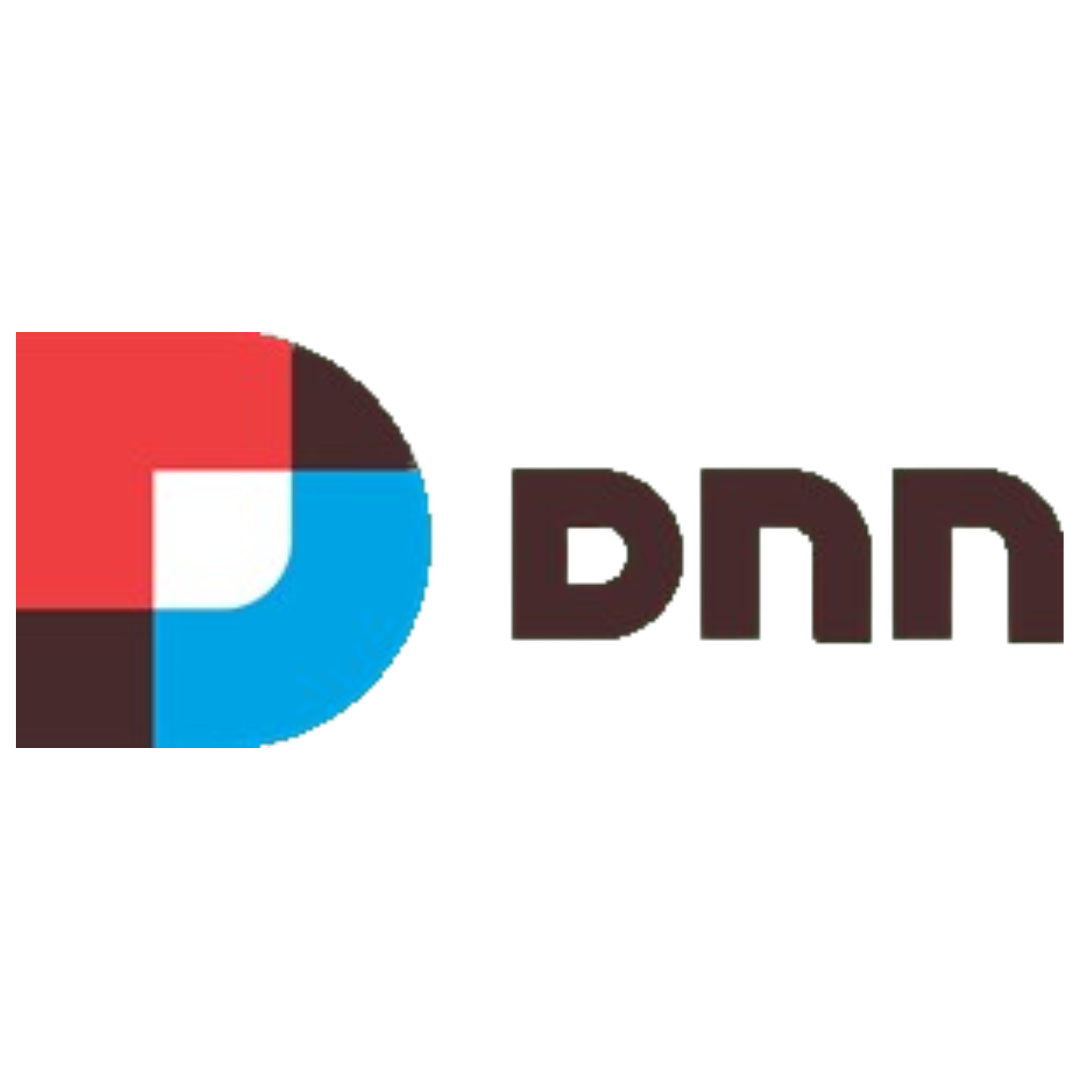
Future Of Mobile Application - Trends And Predictions
Predictions are always made to make strategies, goals and targets. We often predict the possible outcomes from the strategies implemented. No goal is set without a primary thought in mind, isn’t it? The predictions are made by looking into current trends in the industry. In mobile applications too… There are certain trends to improve the user experience. Mobile application trends are dynamic and hence, you should keep your app well-updated for continued efficiency. When we get all the advances in smartphones, AI, and 5G networks. The future of mobile applications can have enhancements as they are poised to be exciting and transformative.
Application Development Trends
Trends often relate to evolving shifts in patterns that lead to a positive change in the world of the mobile application sector. If you are an app developer, you need to stay well-informed about these trends in businesses. This ensures that your users get the most of the mobile technology capabilities. This can stay true for the growth of any apps like health and fitness apps, hybrid apps or localization and language support.
These are some of the most common trends invading in the app development sector to give shape to the future of mobile applications.
1. AR and VR
AR and VR technologies are made to completely revolutionize the world of the mobile application landscape. The hardware is becoming more accessible and affordable. Mobile apps that have integrated AR and VR technologies in their database have a higher tendency to be likable by the audience or users. Some common apps like Amazon, Google Lens, YouCam Makeup, MyGlamm, etc. have used this feature to get immense user’s appreciation. This feature is most commonly used by e-commerce apps to enhance the purchase decision by properly examining the product in real time before purchasing. Another example is a voice-to-text feature by many apps like Google Keyboard. With this, we can expect some immersive experiences like gaming, education and also virtual tourism and virtual social interactions.
2. Machine learning and AI
AI and machine learning have been implanted into many mobile applications to offer personalized experiences and more improved functionality. In the near future, we could notice more sophisticated AI-driven apps. Apps that are already creating waves with these applications are fitness apps, Snapchat, Spotify and some food and grocery delivery apps too. You might have noticed recommendations that they give which are based on your purchase history, voice search and personalizations. Chatbots powered by AI will continue to improve customer service in many industries like WhatsApp automation and website chatbots.
3. Health and Fitness Apps
Healthcare and fitness have gained a lot of significance in recent years, and it will continue to play a major role in this domain. We can expect more advanced health tracking and monitoring apps to integrate with wearable devices to get real-time health data. With the growing concerns in the healthcare segment, an advanced health tracking and monitoring system can be expected. This can integrate with wearable devices to give real-time health data. Healthcare apps like Cultfit will continue to evolve with easier at-home doctor consultations by just a call.
4. Hybrid Work Apps
Hybrid workspaces are born to bring flexibility to employees which has significantly transformed our work approach. They mend the gap between office and remote work to create a more dynamic and adaptable workplace app like Wework. The digital age reflects the evolving nature of work with its robust tools to empower teams to seamlessly adapt and collaborate.
Employees get a shift in work-life balance and location independence. Mobile apps have the tendency to transform the work model that allows individuals to craft an environment that suits their productivity and well-being. They have evolved into an essential component of modern professionals.
5. Localization and Language Support
We live in a world that is increasingly interconnected and mobile apps have now evolved to transcend language to reach out and engage diverse audiences. This eliminates the cultural barriers to bring convenience to users from diverse backgrounds. Multilingual interfaces are an instrument in creating a user-friendly experience that allows users to effortlessly switch between languages. This amplifies the accessibility and app’s global appeal to resonate with the cultural language of each region. There are apps available for people who wish to learn a new language like Duolingo, if they are relocating to a new city.
Predictions serve as a map to craft strategies and goals. Mobile applications are dynamic and staying ahead of these trends ensures a positive outcome. AR and VR are already revolutionizing user experience and AI machine learning and personalizing apps, health and fitness apps are all-the-way enhancing and workspaces have been redefined with hybrid work apps. The future of mobile application promises these transformative enhancements to offer exciting feasibility with the mobile app landscape.
You can also visit related blogs:


































































comments for "An Interview with Exavibes Services"
Leave a Reply